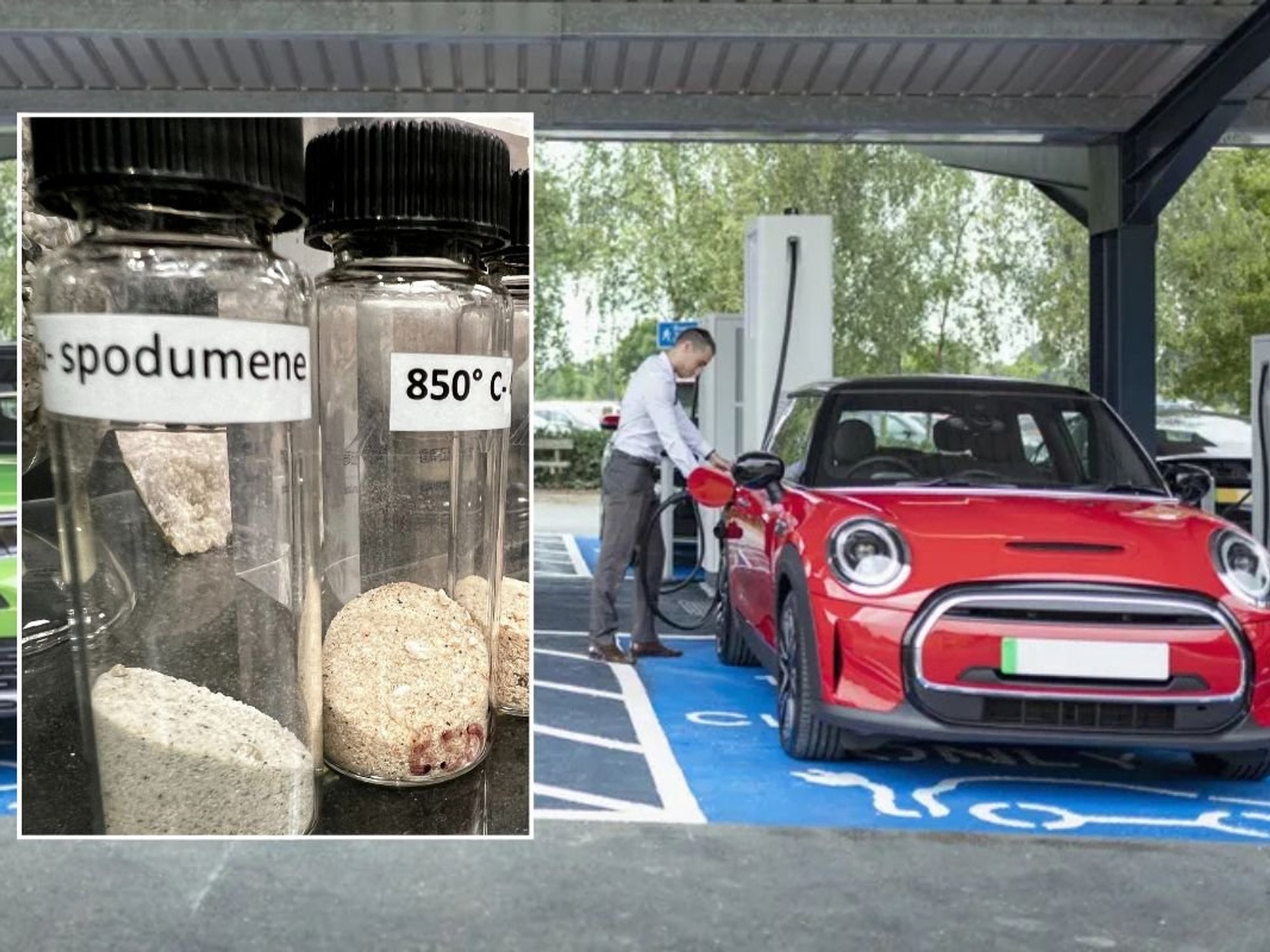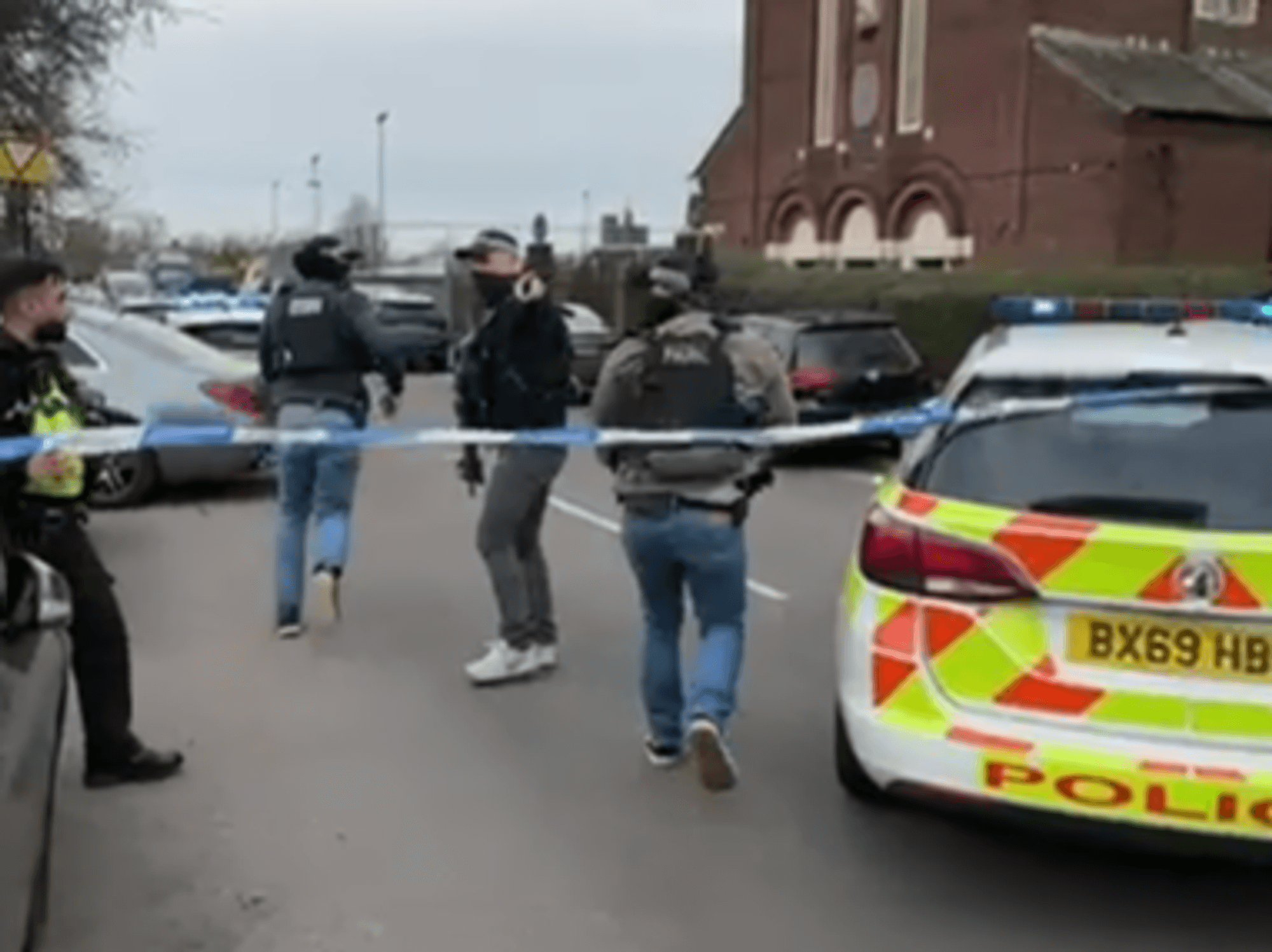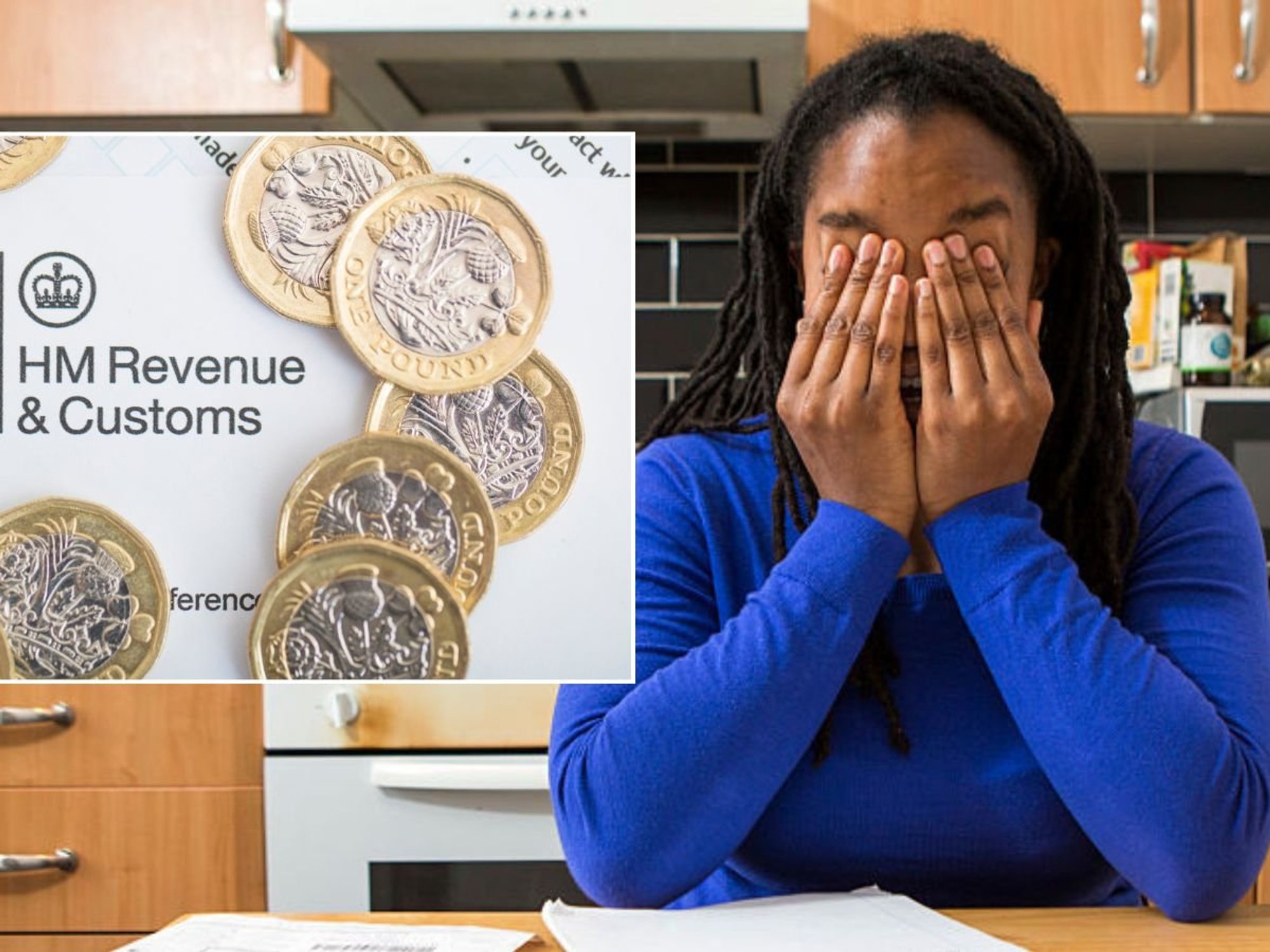'It's out of control!' Ex-Scotland Yard Detective tears into record number of police officers working 'desk duties' on full pay
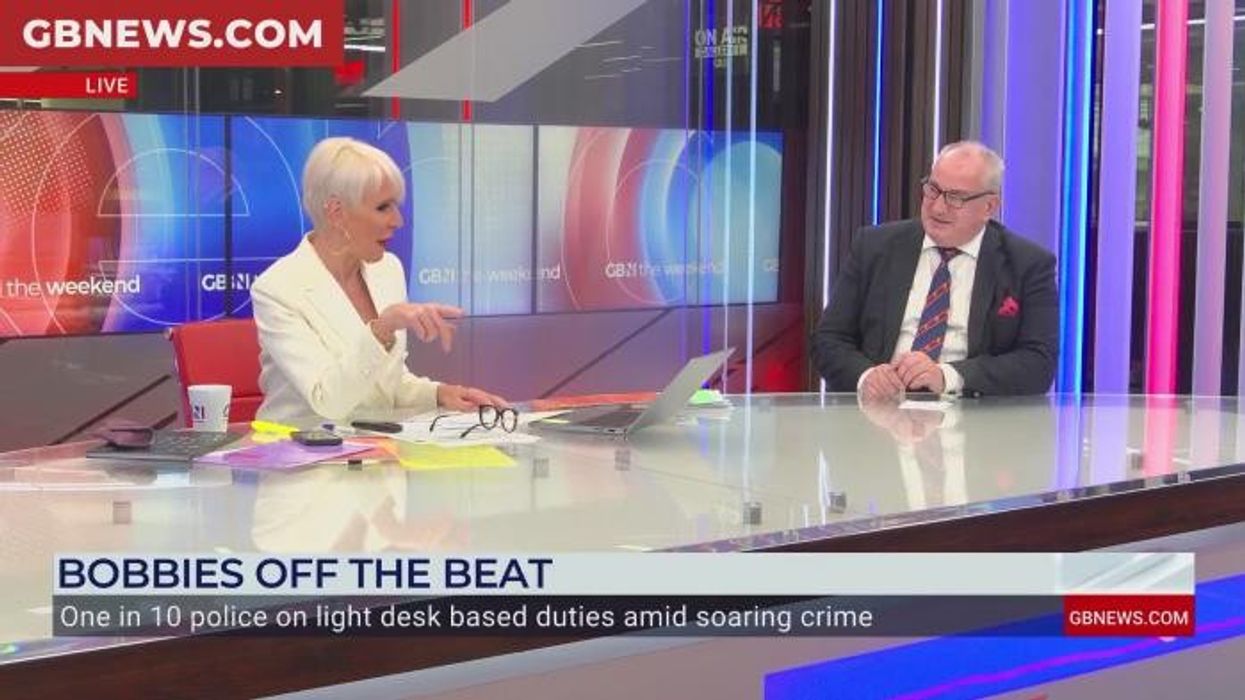
WATCH NOW: Former Scotland Yard Chief Detective Inspector Mike Neville joins Dawn Neesom
|GB NEWS

One in ten officers are confined to desk jobs, filling out paperwork or answering phones
Don't Miss
Most Read
Trending on GB News
A former Scotland Yard Chief Detective Inspector has hit out at the record number of police officers working "desk duties" on full pay, declaring the situation is "out of control".
Speaking to GB News, Mike Neville said he had personally seen "ridiculous" cases of officers being granted "light duties", claiming it is "too easy".
A record number of police officers are being paid their full salary while on "light duties" because they are teamed "too unfit" to go on the front line full time.
New data revealed by the Telegraph showed one in ten officers are confined to desk jobs, filling out paperwork or answering phones instead of working on the streets, patrolling criminals.
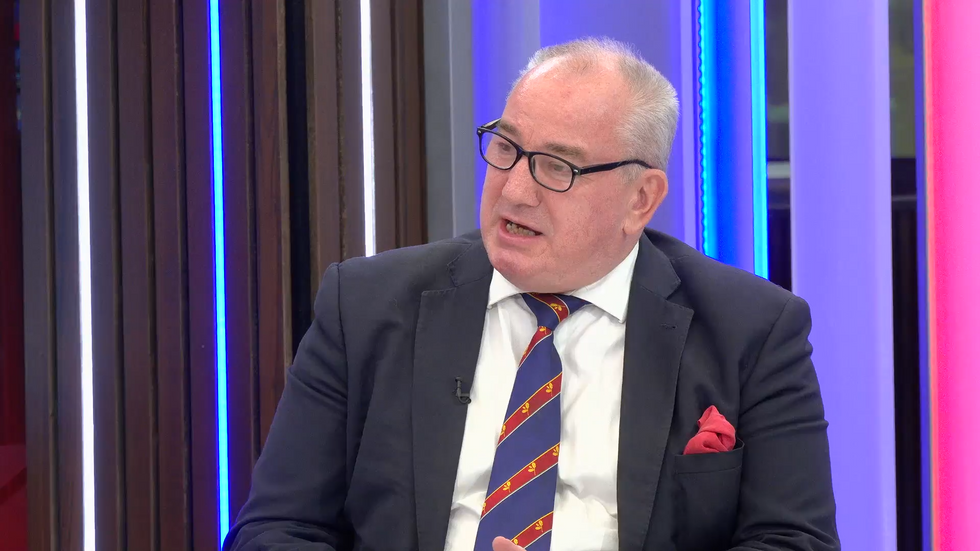
Mike Neville hit out at the record number of officers on 'light duties' with full pay, branding it 'out of control'
|GB NEWS
Discussing the data, Mr Neville told GB News: "There's several issues around this. Firstly, they're not on patrol, they're not doing the work that most of the public would want them to do. But Theresa May got rid of 20,000 police officers, and a lot of those have been replaced by very junior staff.
"But what they also got rid of was 10,000 civilian staff, so all those jobs that the civilian staff used to do, somebody's got to do them."
Highlighting that there are staff who are "looked after" by being on desk duties, Mr Neville explained that there are other "ridiculous" cases where officers do not need to be assigned to the desk.
He said: "I had one officer who'd lost a hand and I had employed him to do some CCTV work with me, and he said 'I feel valued because I'm actually doing something useful'. I also had people who had heart conditions, epilepsy, cancer, and obviously you've got to look after staff who are in that position.
LATEST DEVELOPMENTS:
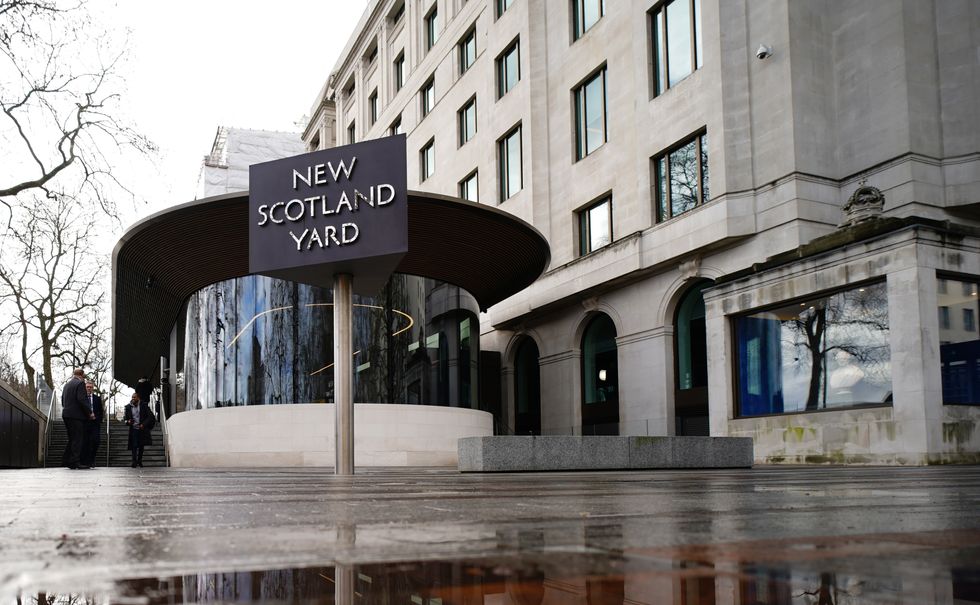
One in 10 police officers are working 'light desk duties' instead of being on the front line, new data has revealed
|PA
"But even when I was in charge, there was some ridiculous cases. A female officer sent to me who couldn't sit down and couldn't stand up. So I said, 'what's she going to do, is she going to lie on the floor?'.
"And then I had another officer who they put on the restrictions that she had to work five miles from the house, but this didn't stop her going on holiday. So whatever was wrong with her to get to the police station, she could still fly out."
Criticising the police forces for often "taking the easy option" with officers, the former Detective stated: "Too often in the police, it's too easy to take the easy option and say you can have this easy work, when really that should be saved for those real officers who have got cancer, who have been shot, who have been badly injured on duty and they can be looked after and given a worthwhile and meaningful role.
"But like everything in the public sector, it gets out of control."
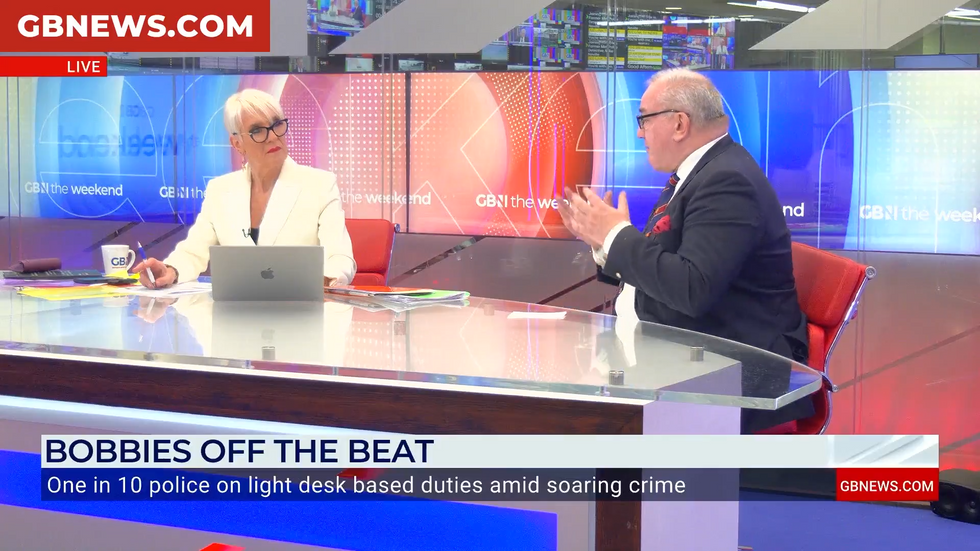
Mr Neville told GB News that he 'used to be proud' to be a Scotland Yard Detective
|GB NEWS
Reflecting on his own career within the police, Mr Neville admitted it "saddens him" to see the "mess" the Metropolitan Police and other forces across Britain have landed themselves in.
He concluded: "What saddens me is that British policing was seen as the best in the world, it was the envy of the world, and I was proud to be a Scotland Yard detective. That really meant something. It meant the expertise, it meant hard work, courage, all these things.
"And over the last two decades, it's been the senior officers who've allowed it to slip and become the utter mess it is, and this is just one part of the mess."
A spokesman for the Police Federation of England and Wales said: "The record number of officers on recuperative or adjusted duties reflects the intense physical, mental and emotional pressures that policing places on individuals.
"Officers are being asked to do more with fewer resources, facing high-risk situations, long hours, and increasing workloads. Many of these absences are linked to workplace stress, trauma, and the cumulative toll of policing."
More From GB News







